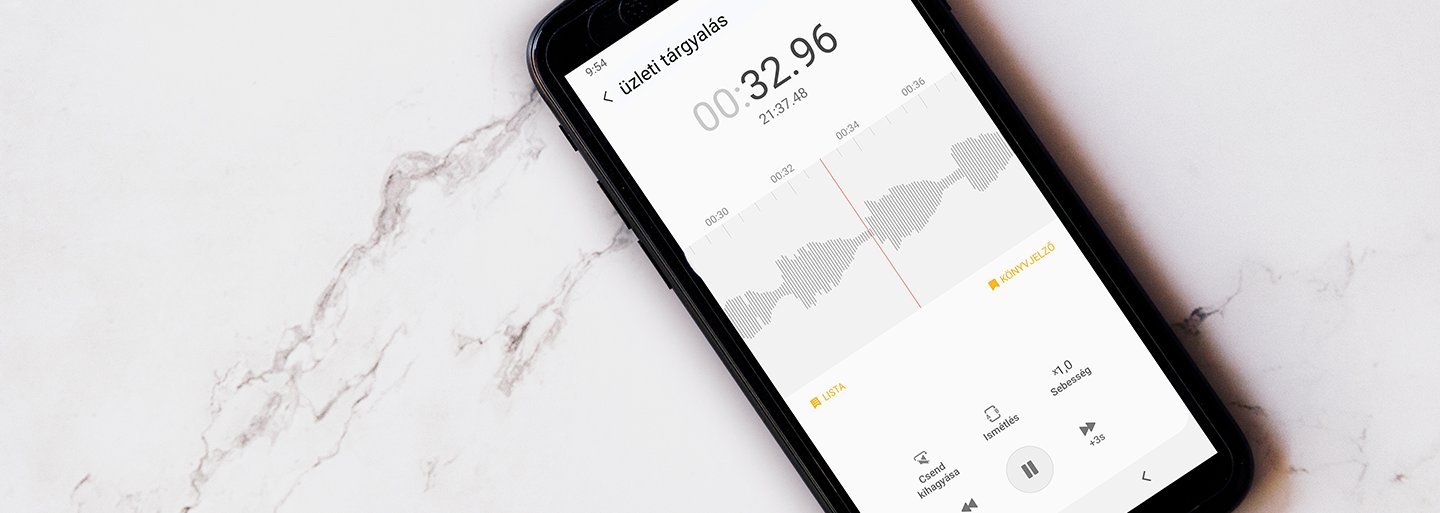
As technology advances, it becomes easier and easier to record any conversation. Today, anyone with a smartphone can easily record business meetings - even in secret. There are many reasons for making a secret recording: for some it may be a security measure to avoid disputes, for others it may be an ulterior motive to use it later. But is it legally permissible to make an audio recording in secret? And what are the consequences of using a secretly made audio recording in a civil or criminal case?

The sound recording as a personality right
The protection of personality rights is essential. The Civil Code therefore explicitly states that the consent of the persons concerned is required for the making and use of any recording. If someone makes or uses an audio recording in an unlawful way, he or she may be liable to pay damages.
Consent can be either explicit, written or verbal assent, or even a conduct that makes it clear that the other party does not object to the recording. However, it is important to note that consent to the recording does not automatically imply consent to use, such as disclosure.
In some cases, even a secretly made audio recording without consent does not infringe an individual's personality right. This is the case if the recording is made in the public interest or for a legitimate private interest (for example, if the employee secretly records a conversation in which the manager instructs him to take the cash from the company’s safe and use it to buy an expensive sofa for the manager’s apartment).
In addition, the making of a secret audio recording may also constitute a data protection (GDPR) breach, as the recording is made without the consent of the other party. For this reason, the National Data Protection Authority (NAIH) may impose a data protection fine, but based on current practice, such fines are very rarely imposed on individuals.
Can it be used in civil proceedings?
As a general rule, evidence obtained in an unlawful way cannot be used in civil proceedings. However, in exceptional cases, the court may take it into account: for example, if a secret audio recording proves that the employee's employment contract was terminated unlawfully (because the recording reveals that the employer threatened him), the court may rely on this recording in its decision.
It is also important to note that judges will be aware of the content of an unlawfully made audio recording (e.g. because the claimant attaches it to the statement of claim) even if it is later found to be inadmissible in the lawsuit. In such a case, the content of the recording will influence the judges' view of the case, even though it must be excluded from evidence. A secretly made audio recording may therefore have an impact on the judgement, even if it is "officially" excluded from evidence by the court because of its unlawful nature.
Criminal law aspects
Making a secret audio recording is not a crime in itself. However, if someone makes a fake recording with the intention of defaming others, he is committing a crime.
Unlike in civil proceedings, a secretly made audio recording can be freely used as evidence in criminal proceedings, which may ultimately be decisive. For example, a defendant may be convicted on the basis of a secret audio recording of a harassment incident at work.
However, this does not mean that the recording and its use were lawful. The possible consequences of this can be established in a separate civil lawsuit (for example, the person who secretly made the recording must pay damages to the other party).




